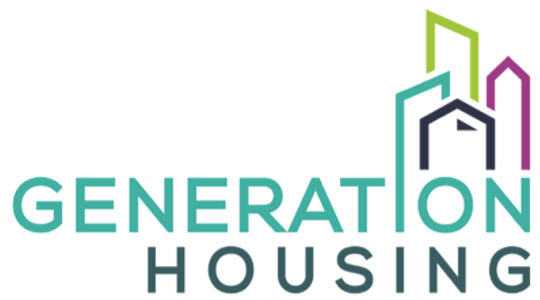#WeAreGenH Housing Champion Nominees
Congratulations to the nominees of the 2024 #WeAreGenH Housing Champion Award. Nominations were received over the summer by #WeAreGenH members.
Voting is open to all members of Generation Housing – you can confirm and update your membership here. Remember, membership is at whatever level is meaningful and doable for you – and starts at just $5/year.
The voting period opens on 7/15 and will close 7/25. Come celebrate all the nominees and the awardee of the #WeAreGenH Housing Champion Award on August 15 at the Housing Champions Celebration.
Read more about our 2024 nominees below!
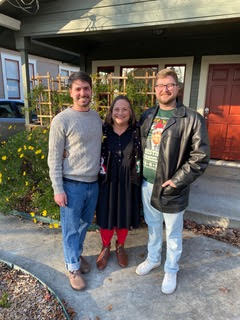
Abby Arnold
read about their nomination
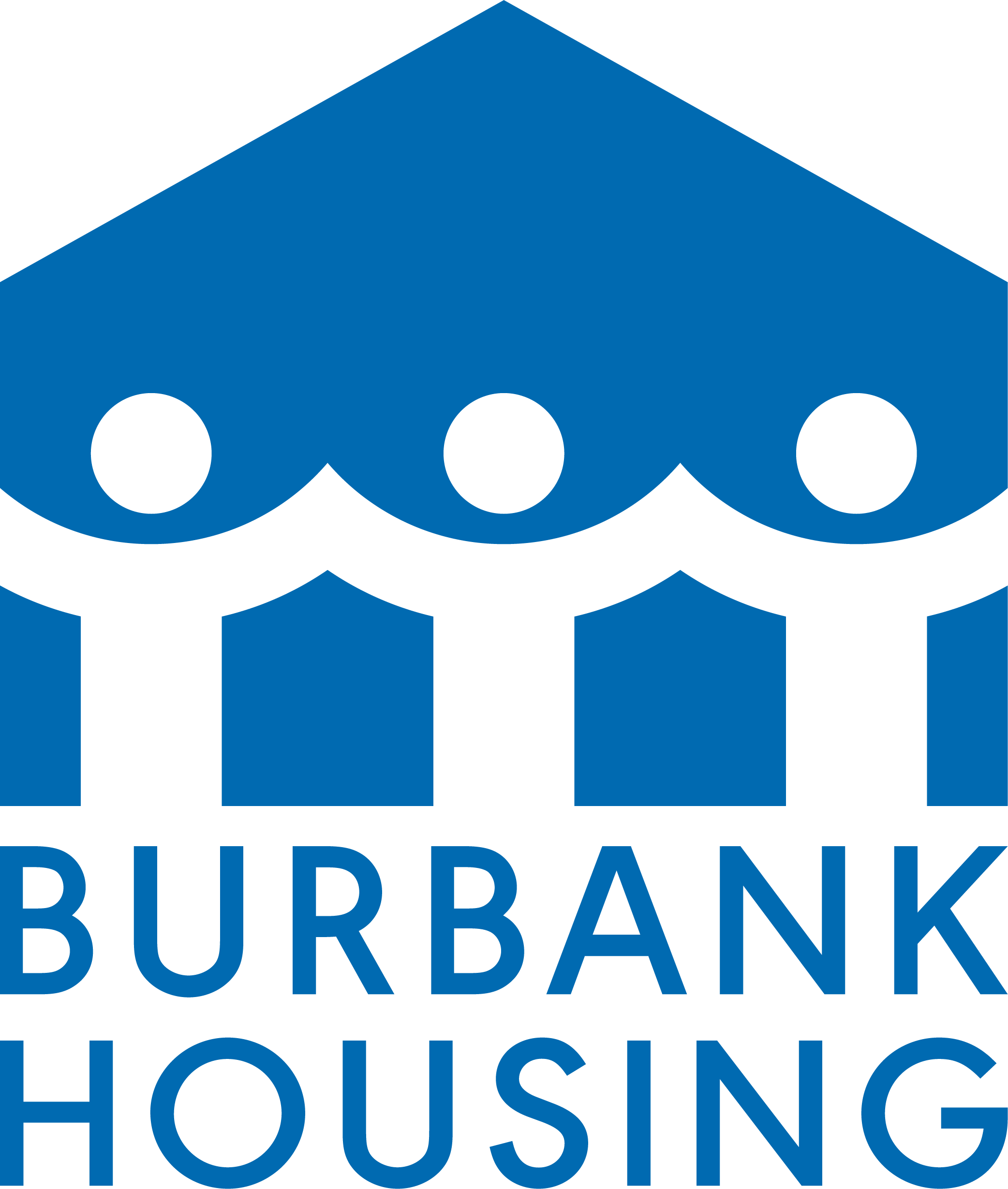
Burbank Housing
read about their nomination
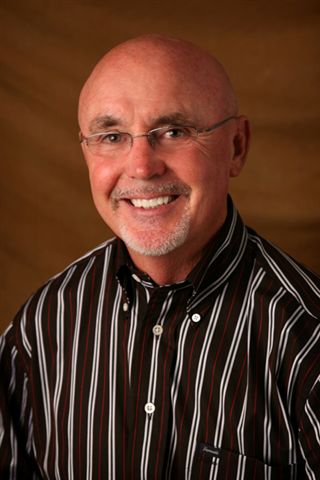
Harry Coffey
PEP Housing
read about their nomination

Orbelina Landaverde
read about their nomination
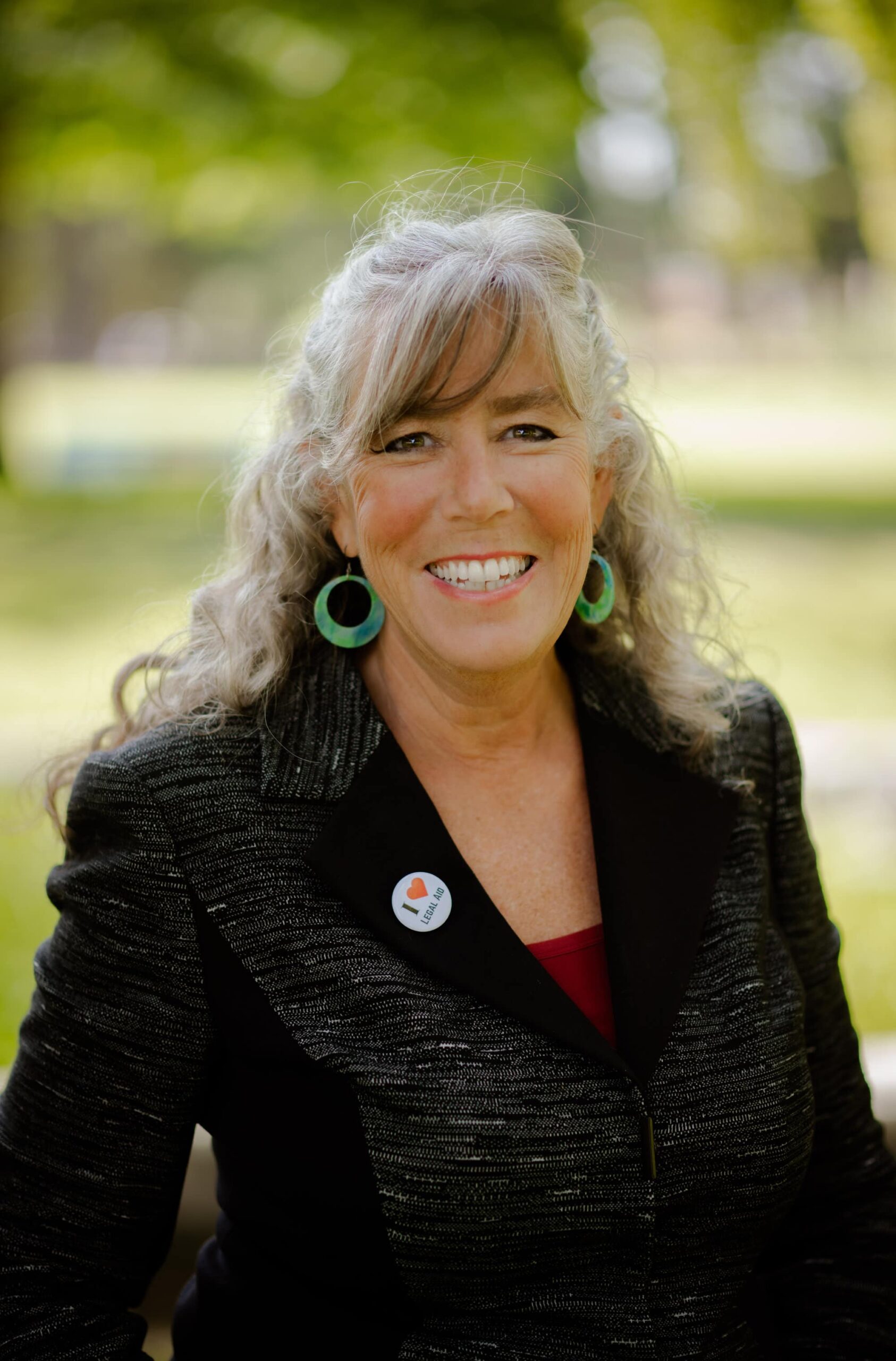
Ronit Rubinoff
Legal Aid of Sonoma County
read about their nomination
2023 Awardees
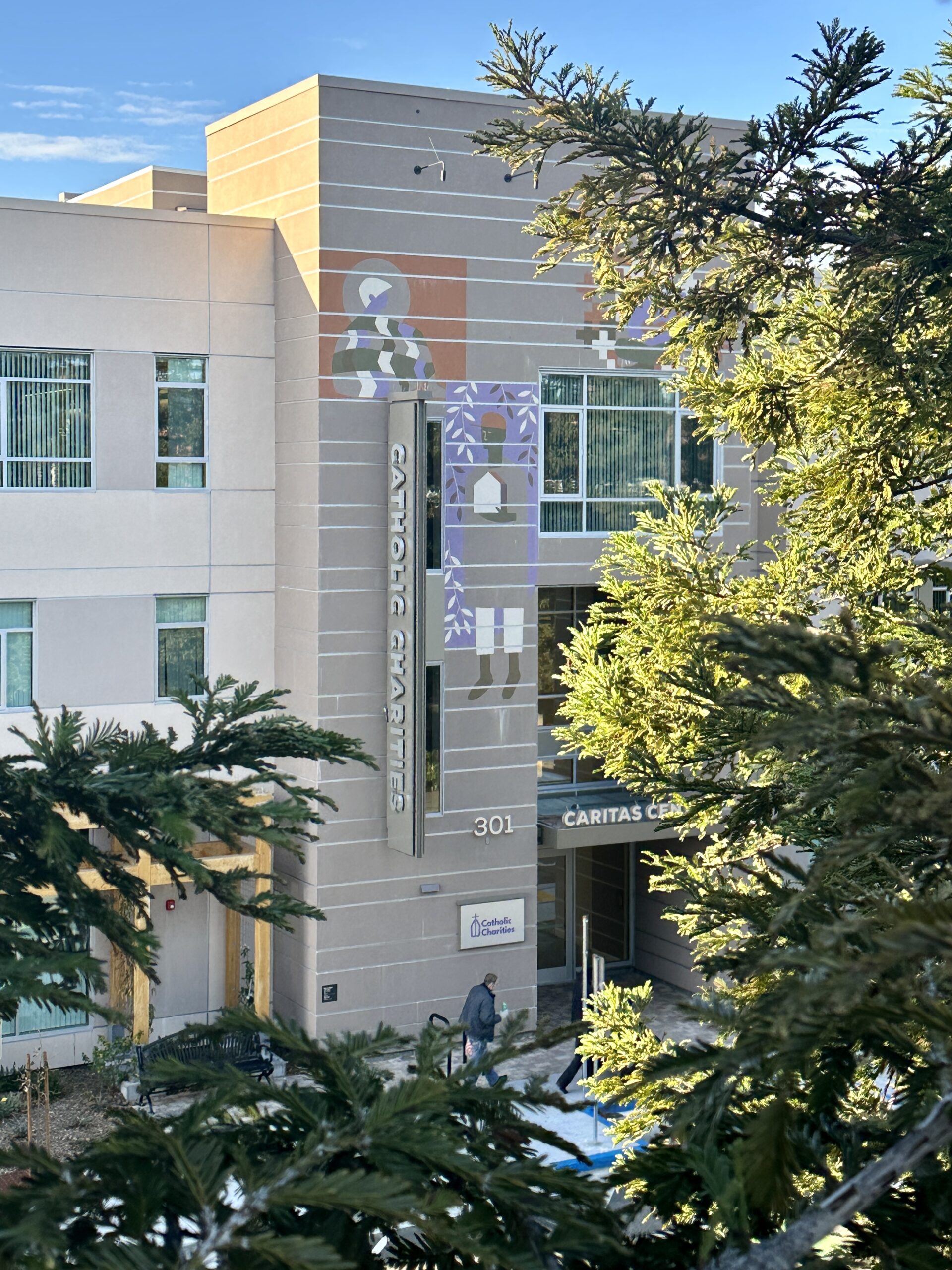
Catholic Charities of the Diocese of Santa Rosa
#WeAreGenH Housing Champion Award
read about their nomination
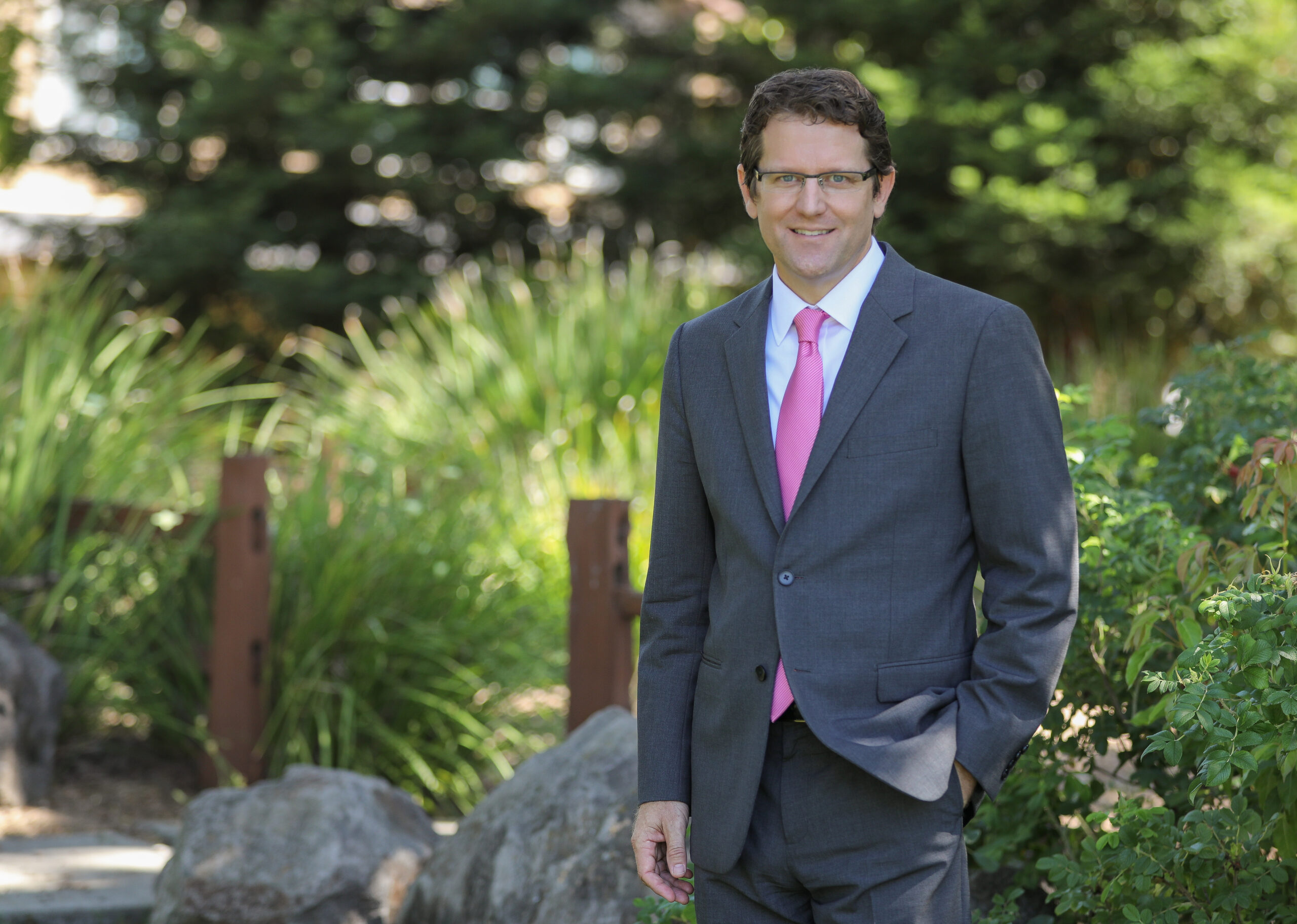
David Guhin
Grabill | Hedgpeth Award
read about their nomination
Abby Arnold
What gives you hope in your work on housing solutions?
Everyone wants a solution to the housing crisis that we see reflected in so many ways: homelessness, evictions, middle-class families who can’t get ahead, young people blocked from starting families, hours-long commutes, businesses that can’t find employees, and more.
The millennial generation is making the case for housing production, identifying the
barriers to more housing, and organizing those affected by lack of housing to address those barriers one by one. The organizing work has changed the positions of big environmental and labor organizations as they hear from their own members about the need for housing solutions that reverse previous dogma. The policy work requires elected officials to enact policy changes and hold local government staff members accountable for results.
As younger people join the ranks of our elected officials I see more support for housing among state legislators, county supervisors, city council members, and planning commissioners. What we used to call “no-growth” is rightly seen as hoarding economic and social privilege. State legislators are coming in strong for housing solutions. Recently, all five Sonoma County supervisors made pro-housing statements. I hope this sends a message to County staff members that we need to remove barriers to housing production.
What are you most proud of in your work on housing solutions?
I want to be the boomer homeowner who says YES to new housing development in my neighborhood, and I’ve developed a way of talking about this that I hope appeals to people of all political persuasions by raising basic principles of capitalism: supply and demand, availability of labor, and how the economy drives government revenues. I talk to my peers about why I support infill development and why we shouldn’t be selfish. When they complain about restaurant prices I explain how much that is based on the high cost of housing or commuting due to lack of housing availability.
I’ve made it a priority to help younger people become leaders in the pro-housing
movement. Millennial leaders have created an environment in which some members of
my generation feel safe acknowledging that we were wrong in our early environmental
and labor advocacy, what Ezra Klein calls the “everything bagel” approach. Boomers do not need to lead this movement; it is in good hands with the millennials who understand that need to engage people individually, educate them about solutions, and then advocate for policies that will truly solve the housing crisis.
What are the top issues you think need more attention with respect to housing solutions?
Most important is for people to understand that we need housing for all income levels,
and that when the term “affordable housing” is used, it means housing that is publicly financed with strict financial qualifications for residents. In addition to “affordable housing” we need to build market rate housing that is affordable to middle-class people. Increase in supply will help stabilize and even bring down rents and purchase prices for housing.
We need to be honest about some of the factors that contribute to the high cost of
producing housing. Developer fees for public infrastructure are not needed when the roads, schools, parks, and other collective needs are already in place. Months and even years of community comments add significantly to costs, especially when re-design is required and the number of units is decreased. Parking is very expensive to build, and is increasingly unneeded when so many young people are using public transportation, bikes, and sharing one car in a household.
City and County staff members need to re-think the role of planning approvals. Few of
us would want our neighbors to decide what our homes should look like, but that is the system that is now (thankfully) being revised.
Burbank Housing
What gives you hope in your work on housing solutions?
We certainly have many challenges in building affordable housing but when we see the passion of the team at Burbank it gives us great hope for the future. The over 200 dedicated individuals who work at Burbank overcome many obstacles daily in their quest to successfully build and maintain affordable housing for those most in need in our community.
Near term, the placement of a $20 billion-dollar affordable housing regional bond measure on this November’s ballot is a once-in-a-generation opportunity to supercharge our efforts to meet the housing needs of the communities we serve by not only building new homes but preserving the affordability of existing ones.
What are you most proud of in your work on housing solutions?
Burbank Housing has been an affordable housing provider in this community since 1980. As a team we take immense pride in our continued growth. In particular we are immensely proud of the work we do in providing the full spectrum of housing solutions for those most in need in our community.
We provide housing solutions that include:
- beautiful and sustainable new rental apartments for the workforce that is otherwise priced out of the market
- affordable single family homes for ownership
- senior housing
- recovery for areas hit hard by natural disasters
- housing for current and retired farmworkers
- real working solutions for homelessness through permanent supportive housing and
- preservation of naturally occurring affordable housing that is in risk of losing their affordability
What are the top issues you think need more attention with respect to housing solutions?
Everyone acknowledges the yawning gap between the current housing inventory and the housing needs in our area. The need to build is not the debate. The “Where” and “How” of it is where we need to see more proactive and future-forward solutions. A reimagining of where affordable housing can be built in our cities is needed so that residents can be close to the shopping, schools, services and public amenities the rest of us take for granted. We need to continue to streamline the administrative processes and fees so that we can get shovels in the ground and people housed faster; funding opportunities that prioritize housing providers that are rooted in the communities they operate in, and dedicated funding streams for providing long-term sustainability for wrap-around support services in permanent supportive housing communities.
Harry Coffey
PEP Housing
What gives you hope in your work on housing solutions?
What are you most proud of in your work on housing solutions?
What are the top issues you think need more attention with respect to housing solutions?
Orberlina Landaverde
Sonoma County Community Development Commission
What gives you hope in your work on housing solutions?
I entered the housing and homeless services field a decade ago in the private sector. In 2018, I joined the Sonoma County Community Development Commission in the Housing Authority Department as a Housing Locator and Landlord Liaison. I have observed significant fluctuations in the level of attention and importance given to housing. In the last three years, I believe we have seen a gradual and positive increase in focus on housing solutions.
The housing efforts in our collaborative work and advocacy are evident. The notable efforts, passion, and successes are undeniable. We are gaining traction and confidence from our community to continue our work and reach new heights. What gives me the most hope is my department and our leadership, who fully support me and provide the opportunity for creativity and innovation to explore how we can best serve our community and build meaningful relationships with stakeholders.
What are you most proud of in your work on housing solutions?
My job is genuinely my passion, and I take so much pride in the work we do that it is truly hard to pinpoint what I am most proud of.
- I am proud and fortunate to have the opportunity to make everlasting connections with our program participants.
- When an individual affords me the trust to help them find optimism and excitement about what they can accomplish and what is possible.
- Watching a program participant sign a rental lease and open their front door for the first time.
What are the top issues you think need more attention with respect to housing solutions?
- Ongoing Individualized Behavioral Health supportive services to sustain housing retention
- Ongoing program funding to continue supporting individuals with various housing barriers and incentivizing stakeholders
- Enhanced programs for home ownership (Lower Interest rates and credit scoring requirements)
- Housing Equity
- Alternative housing subsidy options for individuals without criminal records and individuals who are non-citizens
Ronit Rubinoff
Legal Aid of Sonoma County
What gives you hope in your work on housing solutions?
The fact that tenants rights have been elevated as a result of the pandemic, and that eviction related displacement has been on the national radar at a level that I have not seen in my career to date (over 30 years). At the local level, it’s encouraging to see different coalitions that have come together to support housing solutions. Tenants rights activists, labor, seniors, students, professors, medical professionals, and more are building expansive coalitions.
We are no longer a lone voice speaking for housing rights.
What are you most proud of in your work on housing solutions?
With our clients, I am most proud of the fact that we have been able to give voice to those who are minorities, undocumented, marginalized and show them they have rights. We hear from clients they didn’t think they mattered, had rights, and felt invisible — and then have watched them begin to advocate for those rights themselves. It’s incredibly encouraging and rewarding to see our clients have the courage to share their stories and stand up for themselves.
It’s also gratifying to see that our local governments understand the value of legal services in housing. They see our work as an upstream investment in anti displacement and preventing homelessness.
What are the top issues you think need more attention with respect to housing solutions?
Affordability — that is a given right now.
We don’t spend enough time on habitability issues in this county. We have a lot of substandard units, that we don’t want to see and acknowledge.
Lack of quality housing has a disproportionate impact on the most vulnerable — the elderly, people of color, immigrants, etc. We need proactive rental inspections and working with landlords to prevent issues before they become inhabitable.
Land is not an unlimited resource. What do we do with limited resources, like coal, water, energy? We regulate it. I think we need to work on changing the mindset on what it means to own property and what it means to own rental property. Housing is a human right, and it is limited.
Catholic Charities
Catholic Charities has been a cornerstone in North Bay’s housing solutions. They serve vulnerable populations, including veterans, disabled individuals, immigrants, and families. With initiatives like Caritas Village, the organization has built an ecosystem of services that range from homelessness prevention to healthcare. Their work has evolved to meet the community’s most pressing needs and has garnered unprecedented support.
David Guhin
David Guhin, a transformative force in housing policy development and cross-sector collaboration. Notably, his leadership was instrumental in the community’s recovery from the 2017 Sonoma Complex Wildfires. He spearheaded the creation of Santa Rosa’s Resilient City Permits center, a one-stop shop for fire rebuilds, and his innovative policies have facilitated substantial investments in new affordable housing. David’s emphasis on cross-sector collaboration and his commitment to finding creative solutions to complex problems have made him an asset to the community.
